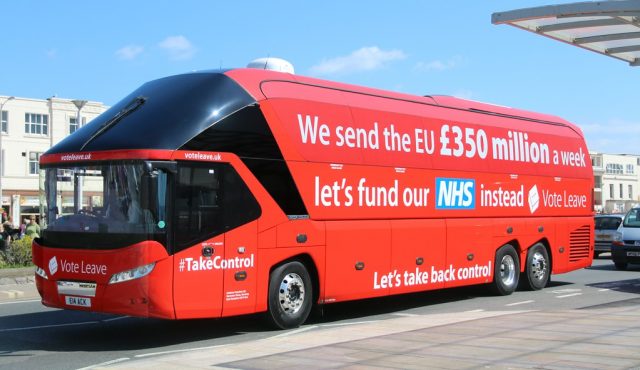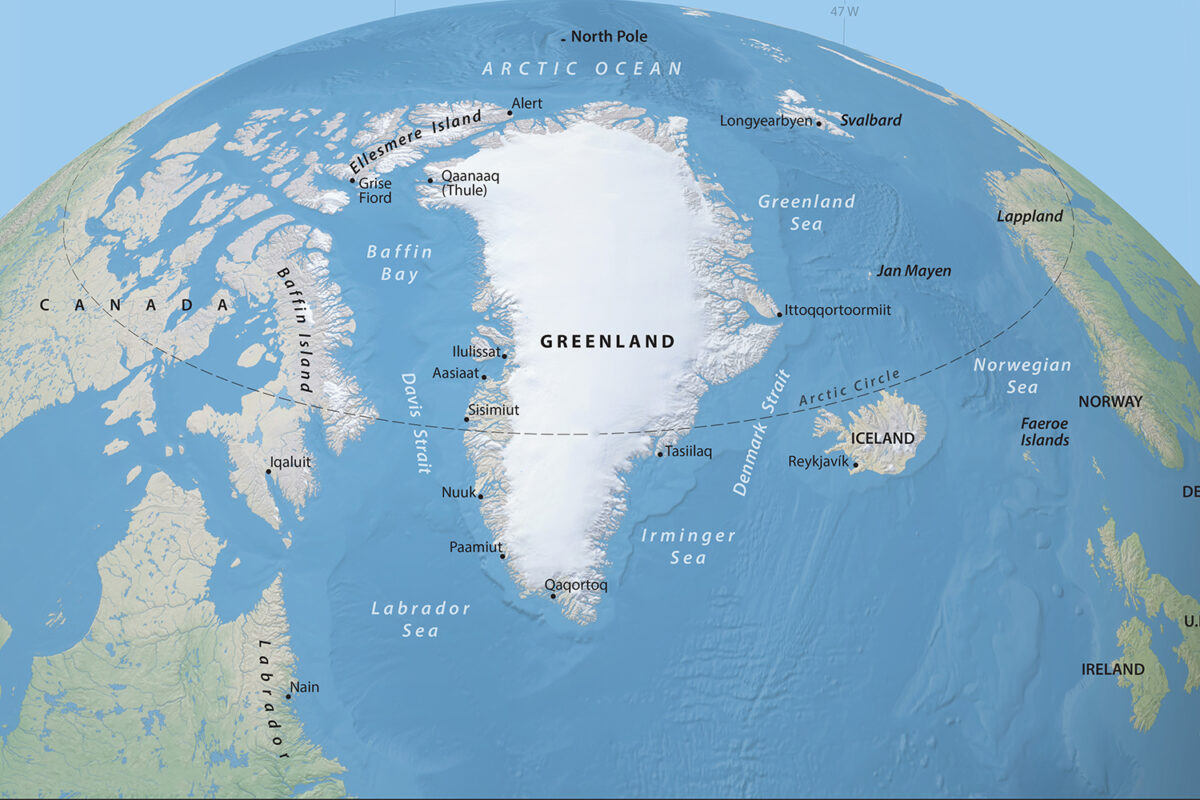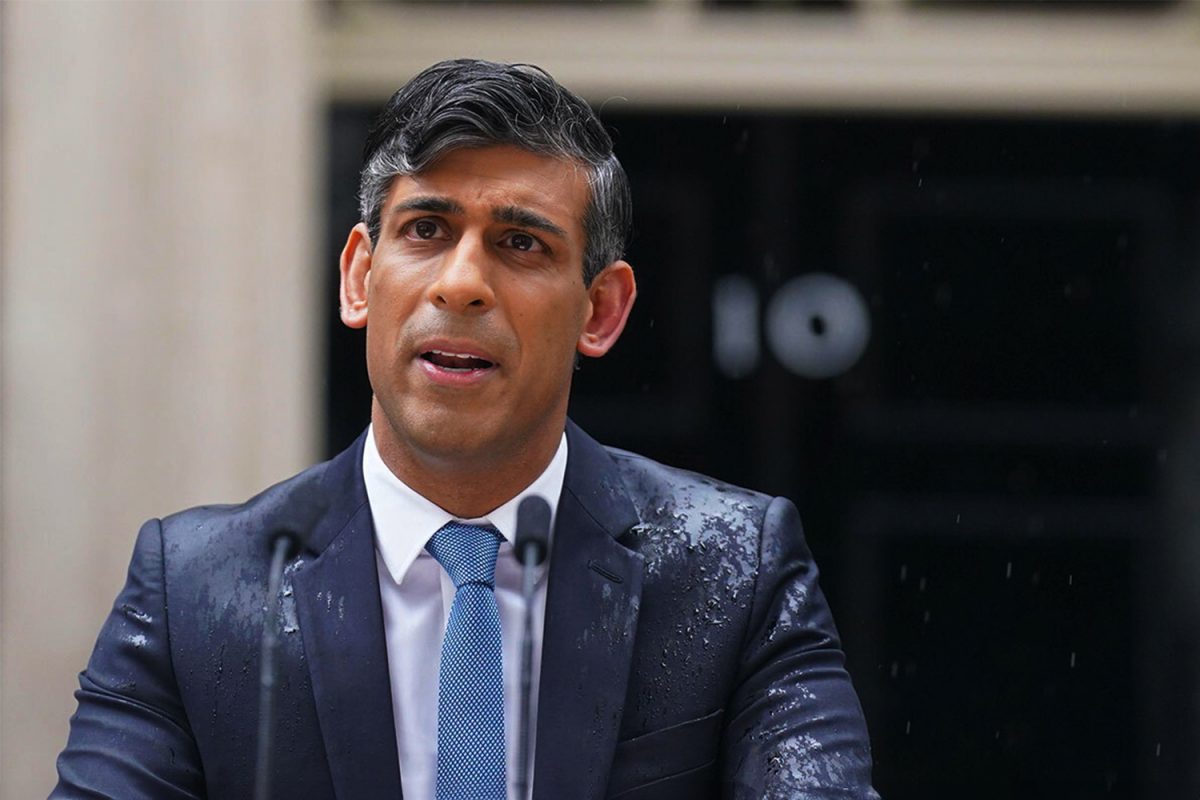By Zahid Sharif
It has now officially been three years since Britain left the European Union but the utopia that was promised is looking like a nightmare. Indeed several recent polls show more of the public are unhappy with the outcome of Brexit, including, crucially, those who voted for it in the first place. On the 28th of January 2023, a YouGov survey found that 41% of Leave voters believed that Brexit had a negative impact on Britain, 23% said it affected Britain’s global standing, 34% said it negatively impacted the economy, and 41% believed it had a negative effect on immigration. A petition for a public inquiry into Brexit has gained over 100,000 signatures. Marches for the UK to rejoin the EU have also taken place. Even The Telegraph, which supported the Brexit referendum, acknowledged that its economic goals had not been met.[1] Various politicians have also expressed concerns over the negative impacts of leaving the EU. Britain’s departure from the EU that promised a utopia is fast turning into a nightmare.
In the years leading up to the referendum, certain sections of the Conservative Party and sections of the British public felt a growing unease that the EU was becoming too powerful and that Britain was losing control of its own affairs. Politicians and the media portrayed Britain losing control over immigration, trade, and law-making.
The public felt that mass economic migration from Eastern Europe together with an influx of Middle Eastern refugees put unbearable pressure on the public services such as healthcare, education, and housing. Certain politicians together with the media reinforced this narrative.
Britain’s departure from the EU that promised a utopia is fast turning into a nightmare
Additionally, the population was suffering from an economic downturn following the 2008 financial crisis and the subsequent government program of austerity. Brexit, they felt, was a way to regain control of their country’s economy.
So in the 2015 General Election, partly to placate the Eurosceptic wing of the Conservative party, its then leader David Cameron campaigned on a promise to hold a vote on EU membership. The General Election victory forced him to reluctantly follow through on that promise.
The Leave side of the Brexit referendum, fronted by Boris Johnson and Nigel Farage, promised that Brexit would allow Britain to take back control of immigration and its borders, restore national sovereignty, and give the freedom to make better trade deals globally which in turn would improve the country’s economy and ease the pressure on public services.
Where’s the Utopia?
Six years after the Brexit Vote, trade deals are proving difficult, global investment in Britain is faltering, public services such as the NHS and social care appear to have deteriorated causing mass strikes and immigration appears to be out of control.
Trade talks with the US foundered over food safety, drug approvals, the use of hormones and genetically modified organisms (GMOs) in farming, and access to UK markets for its pharmaceutical and medical companies. The completed trade deal with Australia has left British farmers fearful that their lamb and beef prices will be undercut by Australian prices. Former environment secretary George Eustice criticised: “Unless we recognise the failures that the Department for International Trade made during the Australia negotiations, we won’t be able to learn the lessons for future negotiations,”[2] global investment has been affected by Britain’s loss of the EU’s single market access. On the news of the collapse of the prominent battery manufacturer, BritishVolt, Lord Hague said “If you are going to succeed with batteries, you need big manufacturers to be in the same market using those batteries. So, that’s part of the damage that has been done by leaving the EU.”[3]
Immigration reduction from the EU has caused labour shortages in British sectors such as social care, agriculture and construction. However, rather than reducing overall Immigration numbers, the Office for National Statistics revealed the highest net migration levels since the Second World War, fuelled by foreign students, wars in Afghanistan and Ukraine and the exodus from Hong Kong. Additionally, illegal immigration has remained stubbornly high as irregular migration statistics for the year ending June 2022 revealed that more than 100,000 people have illegally entered the country since the beginning of 2018.
The key promise, written on the side of the Brexit bus, that leaving the EU would free up £350 million a week for the National Health Service has not materialised. Instead, the NHS is facing a funding crisis, widespread strikes, shortage of available beds, historically long waiting times and reduced service quality.
Brexit has reinvigorated the independence debate in Scotland as well as the call for reunification of Northern Ireland with the Republic of Ireland. Scotland voted in favour of staying in the EU in the 2016 referendum and ever since Brexit, The Scottish National Party (SNP) has argued for Scotland to have the right to choose its own future and rejoin the EU as an independent nation. Northern Ireland, before Brexit, was able to reap the advantages of being a part of the EU through the UK’s membership. However, after Brexit, Northern Ireland faces new economic and political difficulties. These difficulties include the complication of continued association with the UK’s customs territory whilst complying with EU regulations on goods. This has led to a renewed push from Sinn Féin for Northern Ireland to reunite with the Republic of Ireland so as to regain its EU membership and secure the benefits that come with it.
Former British Prime Minister John Major weighed into the debate recently by launching a scathing attack on Boris Johnson’s handling of Brexit, saying his administration agreed to the Northern Ireland protocol despite knowing it was unworkable. “That must be the first agreement in history that was signed by people who decided it was useless in the first place,” Major told a Westminster committee. The former Conservative prime minister expressed astonishment at the acceptance of the protocol, which Johnson used to promote an “oven-ready” Brexit deal in the 2019 election. He said Britain’s exit from the EU was a “colossal mistake that had left the UK outside the world’s main three power blocs. There is America, there is China and there is the European Union. We should be in Europe.”[4]
In conclusion, it is clear that the problems being faced by the UK were much wider and deeper than simply being the fault of EU membership. Leaving the EU has not brought the changes that the Brexiteers hoped for and, in some respects, has made the situation worse.
1 Britain’s transformation into the new Italy is now almost complete (telegraph.co.uk)
3 Ikea boss says Brexit has caused ‘chaos’ | Financial Times (ft.com)





